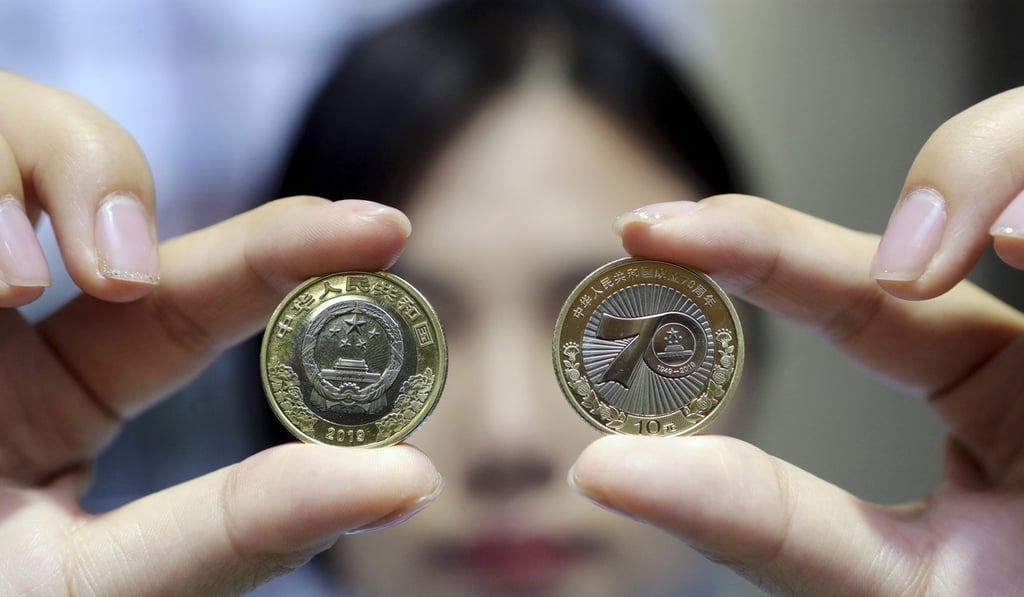Advertisement
Sino File | China at 70 has much to celebrate, but its biggest challenges lie ahead
- Beijing will showcase its growing economic, technological and military might with a lavish parade to mark the 70th year of Communist Party rule
- But despite its rising influence, China will need to embrace modern governance to be considered a true superpower
Reading Time:8 minutes
Why you can trust SCMP

As China marks the 70th anniversary of the founding of the communist People’s Republic on Tuesday, Beijing will showcase its growing wealth, technological prowess, military might and diplomatic clout with a parade of goose-stepping troops, gaudy floats and nuclear-capable missiles.
Certainly, Beijing’s communist rulers have much to celebrate. In the past few centuries the country has never looked as strong as it does today, a consequence of the four-decade economic boom ushered in by the late leader Deng Xiaoping’s free market reforms and opening-up policy.
In those 40 years, China has witnessed something of an economic miracle. Growing annually at an average of 9.5 per cent, its GDP went from 367.9 billion yuan in 1978 to 90 trillion yuan (US$13.18 trillion) last year. Meanwhile, per capita GDP rose from just US$200 in 1979 – when 80 per cent of Chinese lived in absolute poverty in rural areas – to around US$10,000 last year, firmly in middle-income territory.
Advertisement

At the end of 2010, China overtook Japan as the world’s second-biggest economy and by 2017 had risen to 75th in the world in terms of per capita GDP, according to the United Nations. Life expectancy, too, has risen: from 66 years in 1979 to 76 in 2016.
Advertisement
In fact, in some economic areas – such as exports, foreign reserves, mobile phone and internet usage and car sales – China now tops the world. In the past decade, it has become the chief engine of global growth.
Advertisement
Select Voice
Select Speed
1.00x
